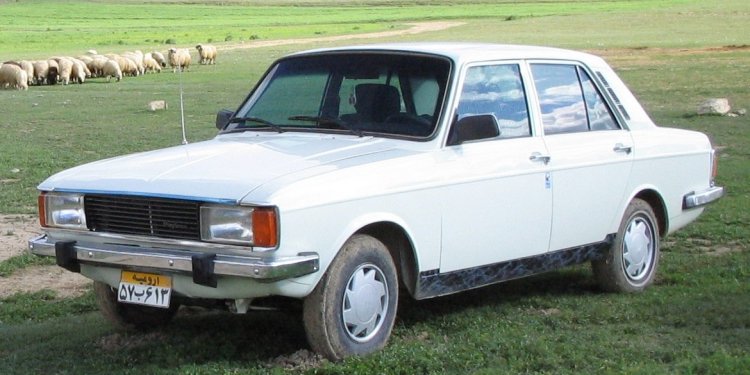
Iranian car Manufacturing
 being comprehend the need for the auto business when it comes to Iranian economic climate and exactly why you will find extensive and heated discussions about any of it, some crucial facts must be borne at heart. Iran could be the biggest vehicle producer in the centre East. Before the economic sanctions had been imposed, it absolutely was the 11th biggest automobile producer on the planet. The automotive sector is the country’s second-largest business in Iran after oil. Crucially, it uses more than 700, 000 factory employees.
being comprehend the need for the auto business when it comes to Iranian economic climate and exactly why you will find extensive and heated discussions about any of it, some crucial facts must be borne at heart. Iran could be the biggest vehicle producer in the centre East. Before the economic sanctions had been imposed, it absolutely was the 11th biggest automobile producer on the planet. The automotive sector is the country’s second-largest business in Iran after oil. Crucially, it uses more than 700, 000 factory employees.
Amin Azad, an Iranian journalist which closely uses Iran’s car business, informed Al-Monitor, “The financial sanctions had been a big setback for Iran’s car business, especially at any given time if the car industry ended up being ready for a big jump.”
Azad highlighted that Western sanctions did not just stop this industry's progress, but struck production and costs: “Production reduced because of the sanctions whilst cost of cars increased drastically, about 300%, because of the exact same sanctions. Production dropped from 1.5 million automobiles each year to not as much as 700, 000. More To The Point, the grade of Iranian-made cars dropped also.”
Demonstrably, the sanctions have experienced a damaging effect on this important industry. 2 yrs into his term with an atomic offer in hand, President Hassan Rouhani now appears to be emphasizing reviving the country’s 2nd largest industry.
At a recent interviewing a checking out Swiss economic delegation, Iran's deputy minister of industry expressed Iran’s ambitions, announcing a planned escalation in automobile manufacturing capacity to three million vehicles annually by 2021. He additionally underscored that to have this objective, Iran must collaborate with worldwide automobile manufacturing businesses.
While Iran prides it self on manufacturing automobiles domestically, it is still greatly reliant on imported components. Azad told Al-Monitor, “Iran requires specific computer system parts along with other painful and sensitive automobile parts for the cars.” Thus, “Under sanctions, Iranian manufactures had to collaborate with Chinese producers.”
Having taken advantage of the vacuum created by the sanctions to go into the Iranian marketplace, Chinese vehicle manufacturers now face a substantial challenge to their expansion. Having already been mainly shut out or had their functions paid down, Western automobile leaders are gearing as much as re-enter Iran. Iranian authorities therefore the news are very well aware of this impending clash. An economic socket in Tehran moved so far as operating the headline: “Western automobile manufacturers declare war against the Chinese: competitors over Iran’s marketplace.”
The Iranian automotive sector is of interest to both west and Asian automobile producers for a couple of explanations, stated Saeed Movahedi, economic deputy of this Bahman vehicle Manufacturing Group. He informed Al-Monitor. “Currently, the [global] car business is faced with steady need; this is basically the case in China, Japan and Western countries. But we could state that Iran could be the just nation where vehicles come in sought after while the government is interested in revitalizing this industry. In addition, in Iran, the automobile production businesses create fairly acceptable incomes. This Is Certainly possibly the reason why working together with Iranians and exporting new items to Iran is important for the major vehicle producers as well as technologically higher level countries.”
Movahedi showed up optimistic about the prospects for the Iranian automobile industry, saying, “We will witness lasting collaboration between Iran and major vehicle production organizations as well as might even spend money on the Iranian market.” But he cautioned by using sanctions set-to take place for some time, dividends won’t be instant. “i believe in the six to 12 months following the sanctions are eliminated, we're going to witness development … and of course the car production companies will secure even more profit also.”
Inspite of the optimism in regards to the future of automobile manufacturing in Iran, the industry features seen a slump considering that the atomic price was struck. Reza, which has a showroom on one of Tehran’s main avenues, attributed this plunge to misplaced objectives associated with the deal’s instant impact. He told Al-Monitor, “When the contract had been achieved, people believed that automobile rates would drop or that high-quality Western-manufactured autos will undoubtedly be shipped to Iran.”

















